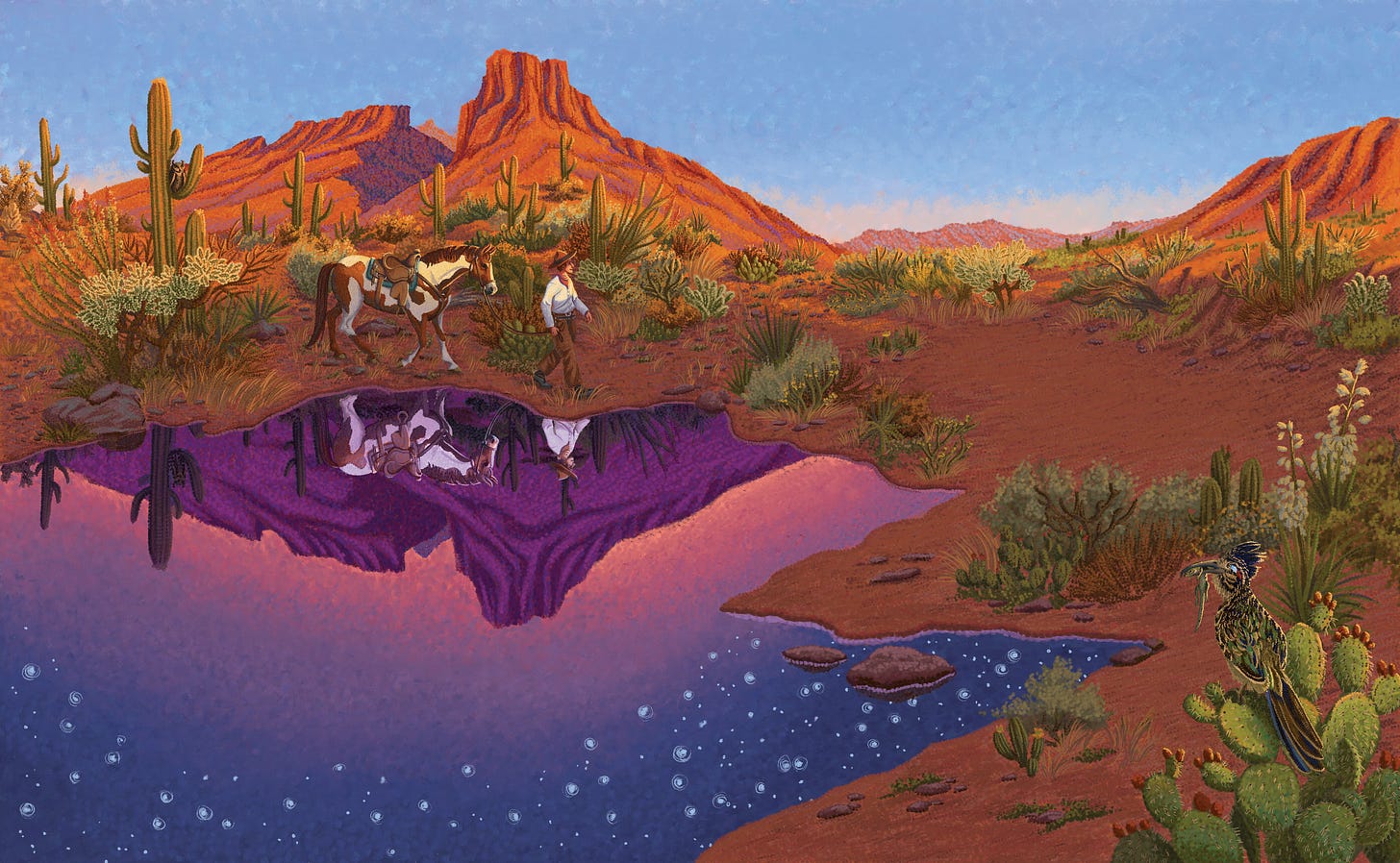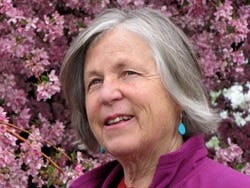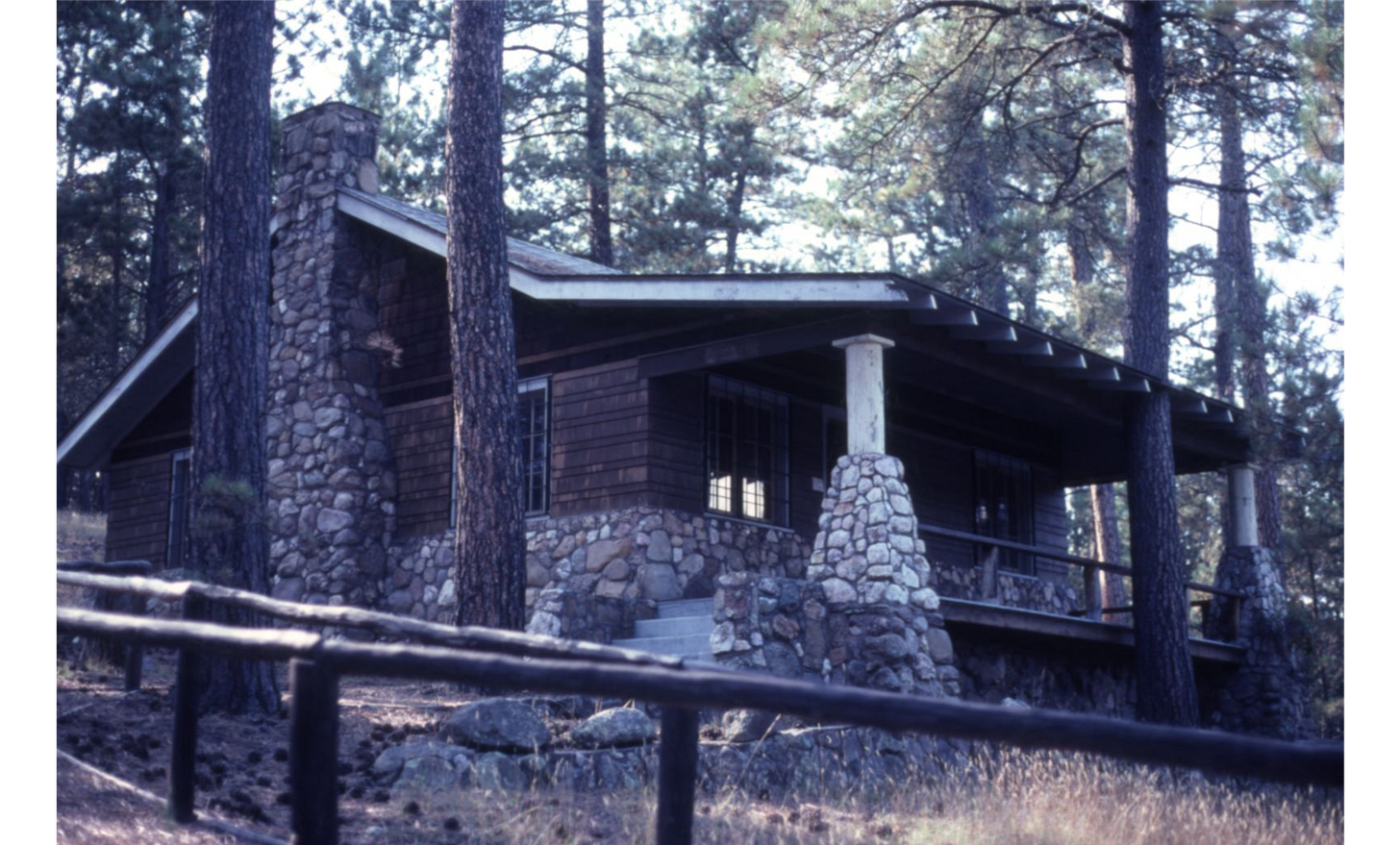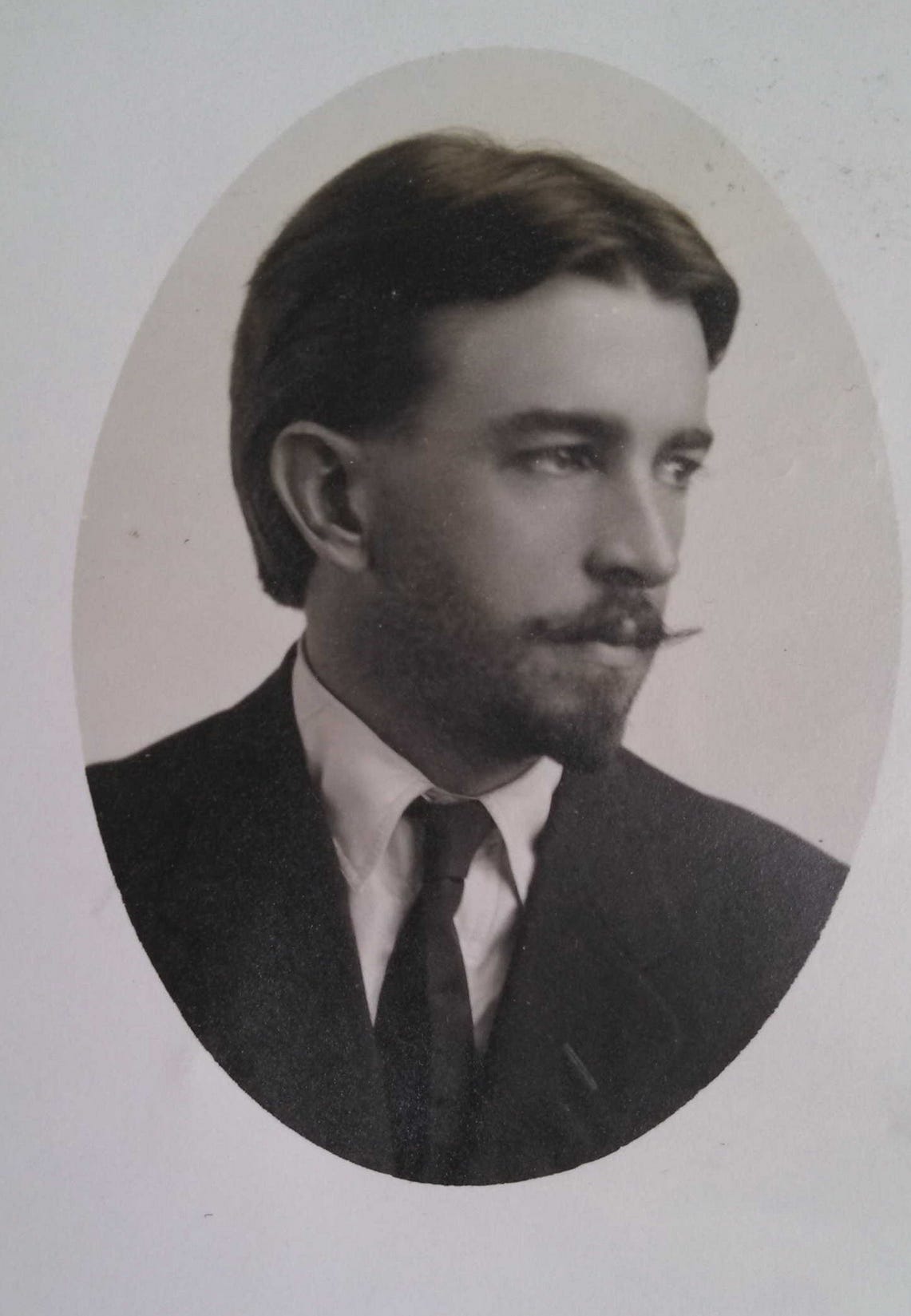Hello friends,
Today I have the privilege of interviewing the author of Badger Clark: Poetry Wrangler (out September 16th, 2025)!
Award winning author Nancy Bo Flood started as a research psychologist studying brain development at the University of Minnesota and as a post-doctoral scientist at the University of London. She focused her work on children and young adults, conducting workshops on child abuse, learning disabilities, play therapy, and creative writing. Traveling around the world from Africa, Hawaii, Japan, the western Pacific and now the southwestern US inspired her in a myriad of ways. Nancy has written and compiled a plethora of books focusing on folktales from different cultures, such as Micronesian Legends, and Marianas Islands Legends. She has written books about the beauty and wonder of the natural world and what we need to do to help protect these resources in books like Sand to Stone and Back Again with photographs by Tony Kuyper, and Water Runs Through This Book with photos by Jan Sonnenmair. In First Laugh, Welcome Baby with Rose Ann Tahe, illustrated by Jonathan Nelson, Soldier Sister, Fly Home with illustrations by Shonto Begay, and The Hogan that Great-Grandfather Built illustrated by Petterson Yazzie, Nancy explores the culture and life of the Navajo people. In I Will Dance, illustrated by Julianna Swaney, she explores the dreams of a girl with cerebral palsy as she learns to dance. In Walking Grandma Home illustrated by Ellen Shi, Nancy explores grief and what it means to lose someone close to you. Nancy has won multiple awards and nominations for her books, including the Panda Book Award nominee 2022-2023, Younger Book Award category, 2016 SCBWI Book Launch Award, Junior Library Guild selection, 2016, NCTE Notable Poetry Books for 2014, A Sigurd Olson Best Nature Writing Award Winner and so, so many more! You can read more about her books and awards on her website!
Now onto the interview!
Tell me about the moment you felt like you wanted to write about Badger Clark, when you first heard the poem, “A Cowboy’s Prayer.” Where did you hear it? What was the experience like in your mind? What about it sparked curiosity for you?
I do remember exactly when because it was when I heard the announcer call out as the rodeo’s Grand Entry came to an end. “Ladies and Gents, rise in respect as we sing the National Anthem and listen once again to A Cowboy’s Prayer.” Suddenly the entire stadium hushed to silence. Cowboys and Cowgirls stood tall with hats off and heads bowed. After the singing, the announcer’s voice boomed out the words of Badger Clark’s poem, now over 100 years old, but still a powerful description of one person’s love and respect for this earth, it’s beauty and its sacredness. I wondered, who was this person who wrote with such honesty and power? I decided to find out. The next surprise was that the more I learned about Badger, the more I was amazed and amused. He was quite a character!
In the book, you feature lines from some of his other poems: “Ridin’, “Bacon,” “Lead, My America,” and “I Must Come Back”. Badger wrote so many poems, why were these the ones you chose to highlight in his story?
“Ridin’ has a rhythm to give a reader feeling they are riding right along with Badger and loving it. “Bacon” is just plain funny and who doesn’t love a stack of crisp bacon for breakfast? In “Lead, My America,” Badger tells us straight out what he believes about our country, hopes for our country, and urges every citizen to live up to the values held by our country.
What was your research journey like for this book? Do you have any advice for young readers on how to research a historical figure like this?
My research journey is similar to being a detective, which means, look for clues and information everywhere. Sometimes the best information is found in unexpected places. I first read others’ accounts and articles to get a feel for what has already been written. I pay attention to the sources of information and read those sources. Then I look for primary sources, especially Badger’s own writings, his stories, editorials, interviews, even his hilarious account of his disastrous “adventure” in Cuba where he ended up in jail. Interviews with friends or relatives who knew him and wrote about him can offer insights. I traveled to his home, stood in the cabin that he built so I could see, hear, smell, and feel what he loved. His cabin was his spiritual home. The land was his teacher, his solace, his friend, his place of refuge that gave him joy and peace. I looked out the windows he looked out, imagined a lone doe wandering by or maybe I smelled a whiff of the skunk family that lived under the front porch.
The best part of working on this book was discovering the many different aspects of this character – cowboy and poet – Badger Clark, his love of the land, and his honest descriptions of his personal journey of figuring out how he wanted to live his life.
What was your favorite fact that you learned about Badger Clark?
He made mistakes, lots of them, even ones that nearly left him dead, but he didn’t run away from those mistakes or try to bury them. He wrote about them and was honest – and humorous -- in the telling. Badger admitted that for many years he searched to find meaning and purpose in his own life. He knew he didn’t want to die from tuberculosis, and he didn’t want to be a minister and educator like his father, but who or what did he want to be? A cowboy? But he knew nothing about herding cattle and not much more about riding a horse. But he’d give it a try if it might save his life. A poet? Ridiculous. But readers enjoyed his poetry. So he wrote more. More poems about the west and then stories, even editorials and essays. When Badger and his father disagreed about big things, like fighting in a war, the Civil War, he wrote about that.
You have written numerous books about a whole gamut of subjects, from death and grieving, to celebrating babies, to an appreciation of water and sandstone. What was different for you about focusing on a purely biographical story this time from your other work?
Who is this person? What events contributed to his becoming who he was? What became his passion and why. My subject was very focused on Badger, so my research needed to also be more focused.
What was the process like for you to work with the wonderful editor of South Dakota Historical Society Press, Nancy Tystad Koupal?
Wonderful – she was excited about what I wrote and how I wrote about Badger. She was a terrific “new set of eyes,” pointing out places, words or phrases, that needed changing or deleting, but let me figure it out. She believed in the book before it was a book.
(Illustrator’s note: Nancy Tystad Koupoal was instrumental in directing both the writing effort and the illustrations. Her direction led me to rework illustrations to tell a fuller visual story to compliment Nancy Flood’s beautiful storytelling. Never underestimate the power of an amazing editor!)
A Young Badger Clark
What would you like young readers to take away from this story?
Keep searching. Be honest to yourself about yourself. Sometimes we just need to laugh about what happens to us. Be open to surprises. What you think you want may do. You may discover that what you thought you wanted is not what you want, not what you had in mind. Believe in yourself. Be open to changing your mind, sometimes over and over again.
Are you working on anything new at the moment? What can you tell us about it?
My working title for my new middle-grade novel is When War Comes Home. Dad is a Vietnam vet who has come home from war but “war” follows him home. The book is about broken families and his journey with his daughter to re-create family, or is that even possible when a parent is in prison? What is family? Maybe it will not be the family you had, not the family you thought you wanted, but a prison family.
I’m also having fun writing Preposterous Poems, a collection of playful, full-of-imagination riddles and rhymes to share both laughter and wonderment.
Thank you so much, Nancy for letting us get a sneak peek behind the curtain of a writer’s process! I hope that this interview, dear reader, has inspired you to pick up a copy of Badger Clark: Poetry Wrangler. To sweeten the deal, I have one last time lapse video for you, accompanied by poems read by the talented performer and historian, Dr. William Hansard.






